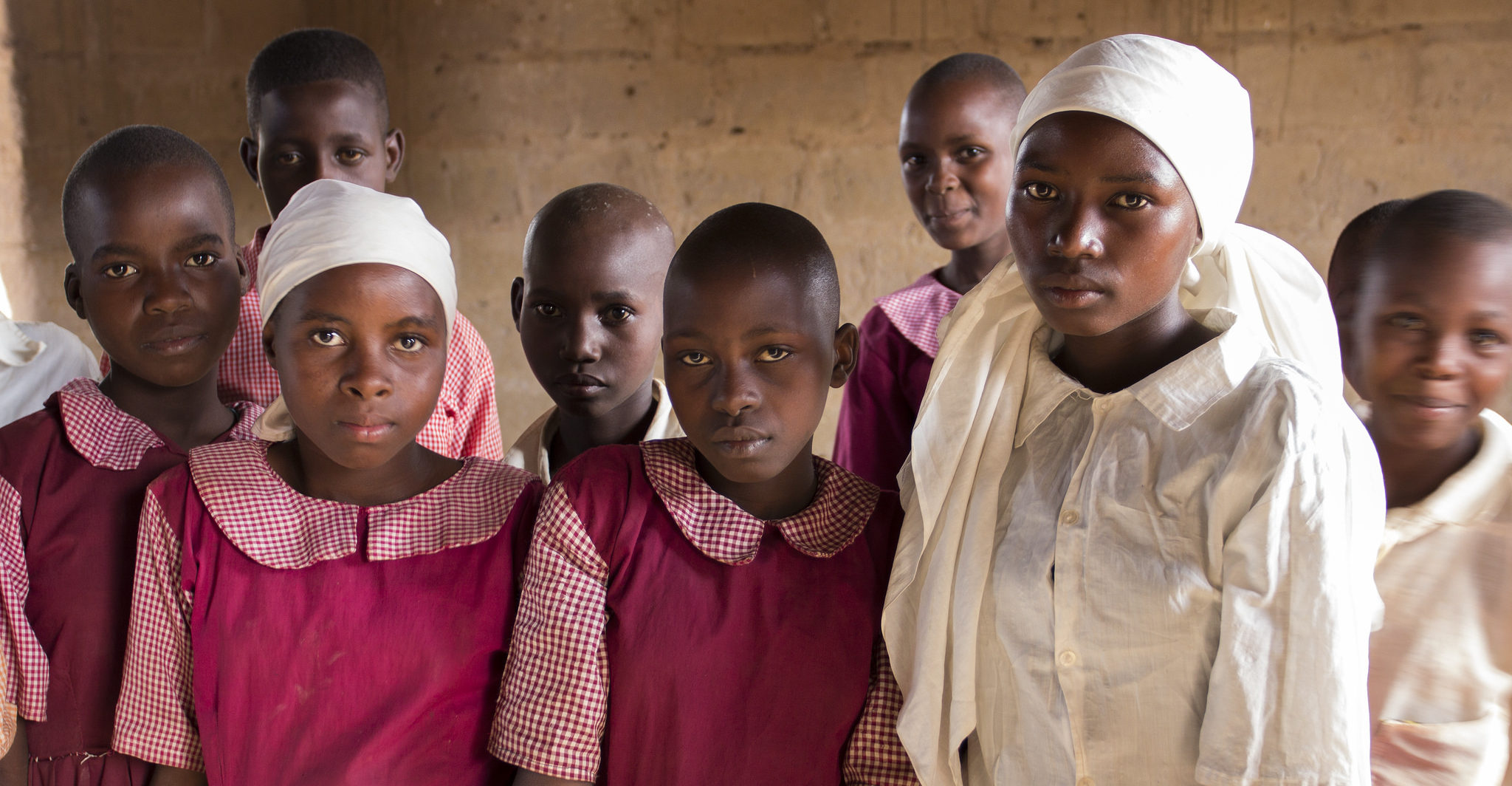 Produced by Women Deliver
October 18, 2016
Produced by Women Deliver
October 18, 2016
Why Aren’t We Talking More about Comprehensive Sexuality Education?
This month, Women Deliver is focusing on the issue of education, but frequently left out of those conversations is the topic of comprehensive sexuality education (CSE). To address this critical area and the need for full access to CSE, Women Deliver spoke with Francis Oko Armah, a Women Deliver Young Leader, who is currently implementing a seed grant project called CSE4All. It is targeted at providing relevant and timely sexual and reproductive health information to 1,000 young people between the ages of 10-24. The project is creating a platform to facilitate dialogue between policy makers, youth advocates, service providers on specific SRHR policies and the critical role they play in addressing challenges in Ghana.
Women Deliver: Why did you decide to focus on comprehensive sexuality education?
Francis Oko Armah: I decided to focus on comprehensive sexuality education (CSE) because as young people gain knowledge and build their skills in schools, it is equally important to give them adequate information on sexual and reproductive health and rights (SRHR). In a community where information is not readily available from parents and families, the school setting is the next safest space to share knowledge on CSE. This could also keep more young people in schools as they learn and build skills for the future.
Women Deliver: What kind of need or gaps do you see around CSE in your communities?
Francis Oko Armah: Currently in Ghana, 16% of all abortions occur between adolescent girls between ages 15-19, according to the Ghana Demographic Health survey 2014. In my experience, almost every adolescent knows of a pregnant girl who may have stopped school to give birth or was forced to drop out entirely to raise a family. Despite these challenges, progress to fully implement CSE in schools has been generally slow. Although some schools have taken a positive stance, there is more to be done.

Women Deliver: Do you feel that CSE is left out of larger education discussions?
Francis Oko Armah: Yes, I feel CSE is left out of larger education discussions because prominence is placed on other issues in the education discussion. CSE is not seen as equally important as other issues because it is believed to lead the young person into earlier sexual activity or risky sexual behavior. In some spaces, it is not recognized as a mainstream educational issue simply because of its sexuality content and therefore it is difficult to integrate it in the main educational curricula.
Women Deliver: What do you hope to achieve with your seed grant project, CSE4All?
Francis Oko Armah: I hope to move the discussion of CSE that has dragged over a period of time by presenting evidence from the communities. Ultimately, I want to mobilize youth voices and increase support from other stakeholders to elevate the advocacy efforts in order to include CSE in the educational curricula for students.
Women Deliver: The name of your project is CSE4All. Why is CSE for everyone so important?
Francis Oko Armah: CSE is very important because it provides young people with information and helps them to make informed choices. It empowers young people to acquire information on gender culture, relationships and provides a safe space to discuss family life as they speak up on threats like discrimination and sexual abuse.
Learn more about Women Deliver's focus on education here.


